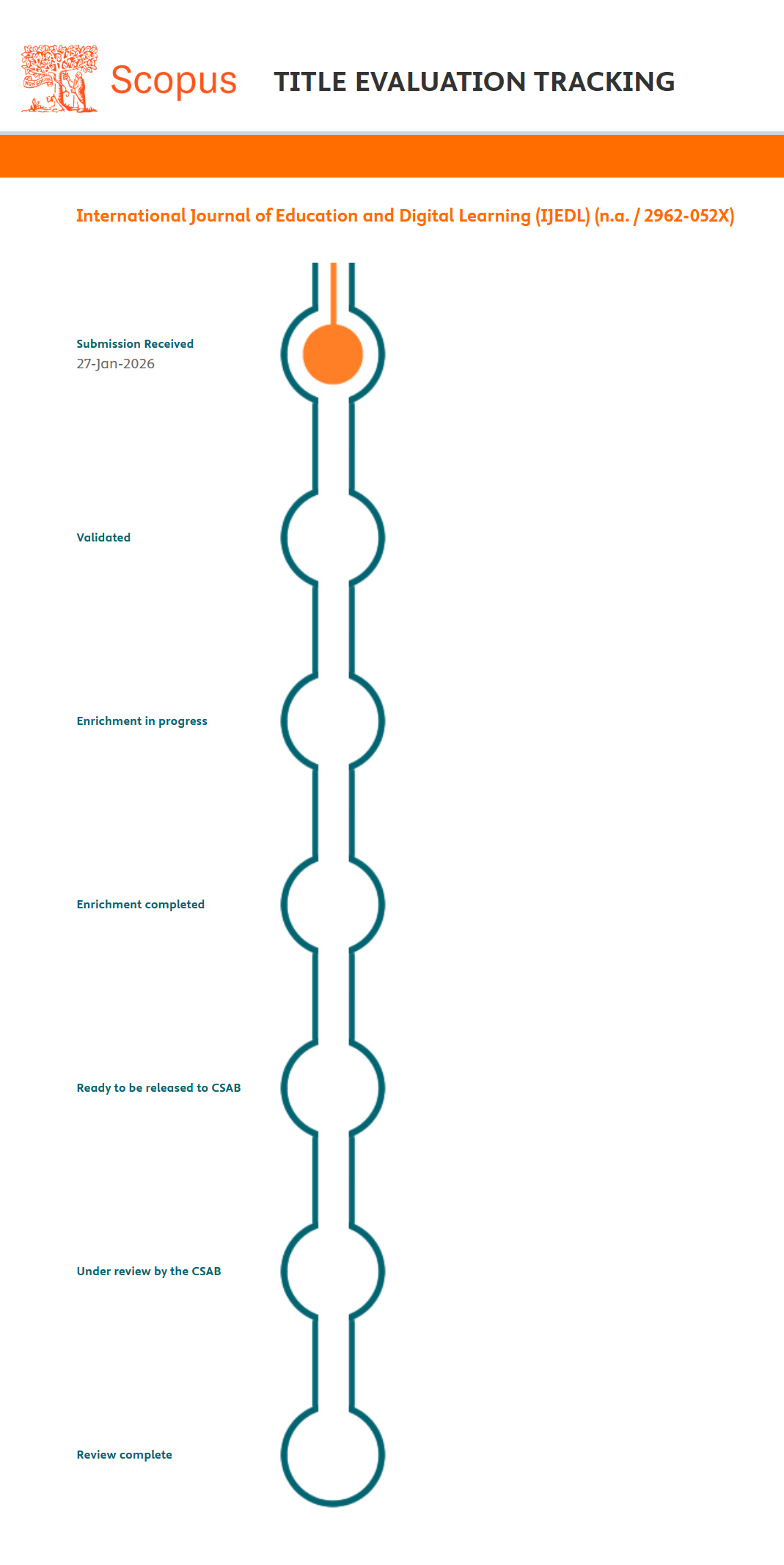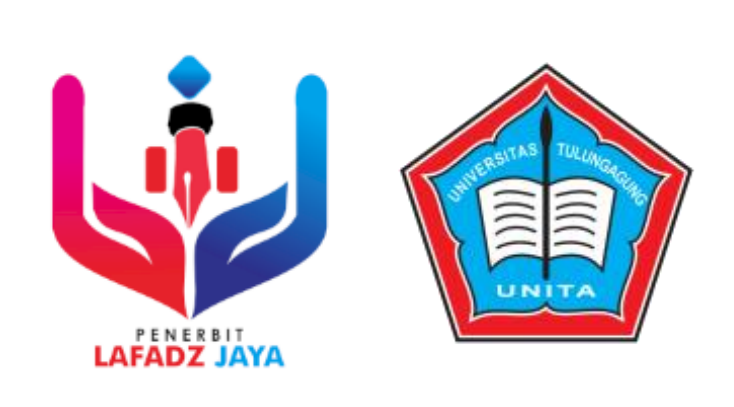Education in the Digital Age: Opportunities, Challenges, and Innovations
DOI:
https://doi.org/10.47353/ijedl.v2i1.262Keywords:
Digital education, online learning, digital divide, educational technology, future of educationAbstract
The rapid evolution of digital technology has significantly transformed educational paradigms across the globe. This paper explores the impact of digital technologies on education, highlighting the opportunities, challenges, and innovations emerging in the digital era. With the proliferation of online learning platforms, digital classrooms, and AI-driven educational tools, the landscape of education has evolved to be more inclusive, flexible, and accessible. However, the shift towards digital education presents new challenges, such as the digital divide, the need for upskilling educators, and concerns over data privacy. The paper examines how these challenges can be addressed and how digital education can be optimized for diverse learning environments. Through a comprehensive review of recent literature and case studies, this study aims to provide a balanced perspective on the current trends and future possibilities in digital education. The findings suggest that while digital education offers vast opportunities for personalized and scalable learning, a concerted effort is needed to ensure equitable access, robust infrastructure, and teacher training. This paper concludes by proposing strategies for harnessing the potential of digital education to create a more inclusive and efficient educational system.
Downloads
References
Ally, M. (2019). Foundations of educational theory for online learning. Athabasca University Press.
Anderson, T. (2019). The theory and practice of online learning. Athabasca University Press.
Baker, E. L., et al. (2019). The potential of adaptive learning technologies in K-12 education. Educational Technology Research and Development, 67(2), 151-170.
Bao, W. (2020). COVID-19 and online learning: A survey of university students in China. Asian Journal of Distance Education, 15(1), 73-81.
Bates, T. (2021). Teaching in a digital age: Guidelines for designing teaching and learning for a digital age. Tony Bates Associates.
Beetham, H., & Sharpe, R. (2019). Rethinking pedagogy for a digital age: Designing for 21st-century learning. Routledge.
Chen, C., & Tsai, C. C. (2019). Online learning and digital literacy: A review of the literature. Educational Media International, 56(2), 117-133.
Christensen, C. M., Horn, M. B., & Staker, H. (2020). Disrupting class: How disruptive innovation will change the way the world learns. McGraw-Hill Education.
Dziuban, C., et al. (2020). The evolution of blended learning. Online Learning, 24(4), 47-63.
Garrison, D. R., & Vaughan, N. D. (2019). Blended learning in higher education: Framework, principles, and guidelines. Jossey-Bass.
Grech, A., & Camilleri, A. F. (2020). Blockchain in education: A transformative technology for higher education. International Journal of Educational Technology in Higher Education, 17(1), 1-18.
Heffernan, N., et al. (2020). Intelligent tutoring systems in digital education: The role of artificial intelligence in education. Educational Technology & Society, 23(1), 1-13.
Hegarty, B. (2019). Open educational resources: Challenges and opportunities. International Journal of Educational Technology in Higher Education, 16(1), 10-23.
Hodges, C. B., et al. (2020). The difference between emergency remote teaching and online learning. Educause Review, 52(5), 22-32.
Johnson, L., et al. (2020). The horizon report: 2020 higher education edition. EDUCAUSE.
Lee, J., et al. (2020). Exploring gamification in digital education: Implications for teaching and learning. Journal of Educational Technology & Society, 23(3), 1-15.
Martin, F., & Sälzer, C. (2020). Data privacy in the digital classroom: Ethical challenges in educational technology. Educational Technology & Society, 23(4), 92-105.
Miller, S., et al. (2021). Assessing the role of online education platforms in widening access to higher education. International Journal of Distance Education Technologies, 19(1), 29-45.
Moore, M. G., et al. (2020). Handbook of distance education. Routledge.
Morrison, D. (2021). Expanding access to education through digital platforms. Global Education Review, 8(4), 30-42.
Pardo, A., & Siemens, G. (2021). Ethical considerations in the use of learning analytics. International Journal of Educational Technology in Higher Education, 18(1), 18-32.
Rosen, D., et al. (2020). Virtual and augmented reality in education: Opportunities and challenges. Journal of Educational Technology & Society, 23(2), 15-26.
Siemens, G. (2021). Connectivism: A learning theory for the digital age. International Journal of Instructional Technology and Distance Learning, 6(1), 3-10.
Smyth, E., et al. (2021). The impact of the digital divide on online learning in low-income households. Journal of Educational Research, 114(2), 127-141.
Woolf, B. P., et al. (2020). Building intelligent interactive tutoring systems: The role of artificial intelligence in education. Journal of Educational Computing Research, 58(4), 432-446.
Yuan, L., & Powell, S. (2013). Moocs and open education: Implications for higher education. Education and Information Technologies, 18(3), 65-75.
Zhao, Y., et al. (2020). Digital learning in times of crisis: The case of COVID-19 and its impact on education. Asia Pacific Education Review, 21(2), 303-317.
Downloads
Published
How to Cite
Issue
Section
License
Copyright (c) 2023 Mukhamad Saekan Muchith

This work is licensed under a Creative Commons Attribution-ShareAlike 4.0 International License.












